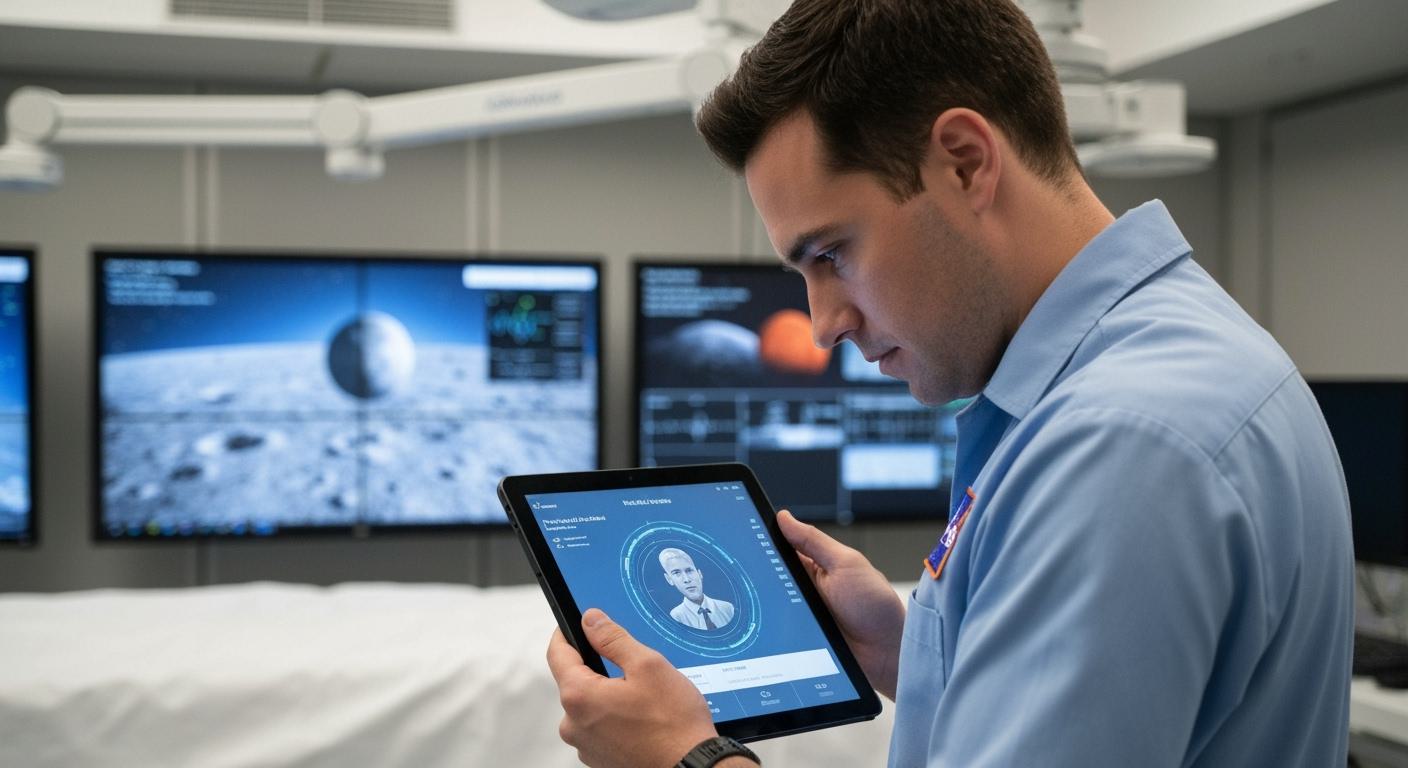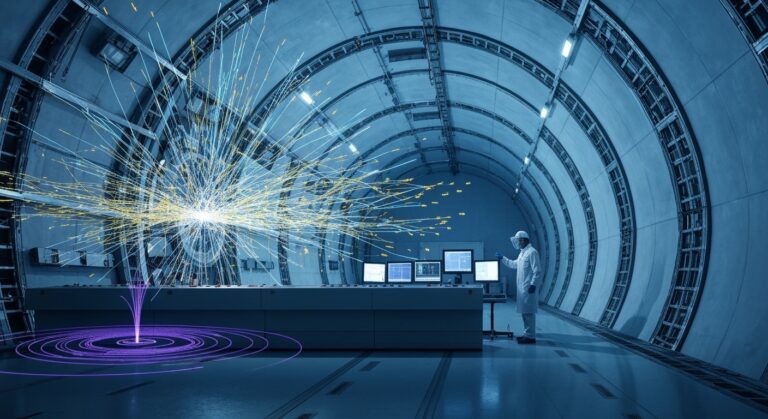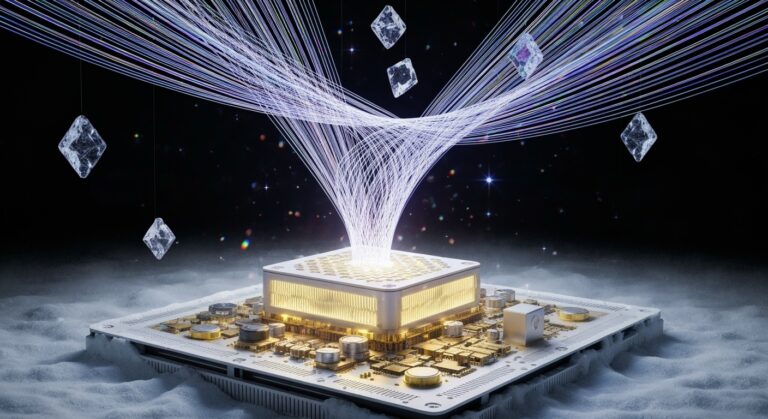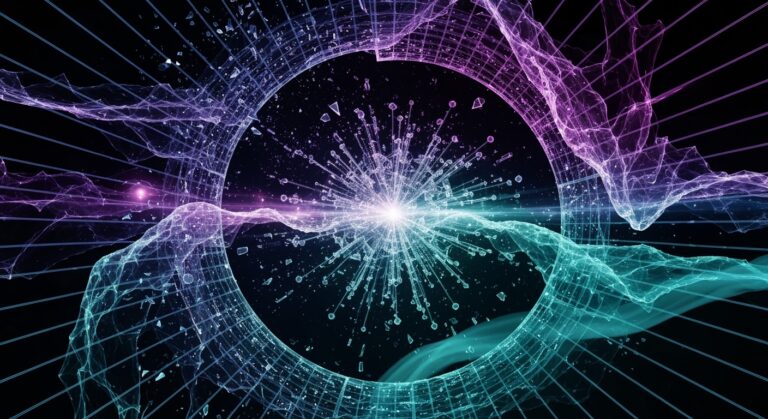NASA and Google have created CMODA, an AI medical assistant that helps astronauts handle health emergencies in space. The system uses natural language processing to understand symptoms and provide real-time diagnosis, achieving 88% accuracy for ankle injuries and 80% for ear infections. This technology tackles the challenge of 20-minute communication delays between Earth and Mars, acting like a knowledgeable physician’s assistant in a computer. The future of space healthcare looks surprisingly down-to-Earth.
While astronauts venture deeper into space, NASA and Google have joined forces to develop a groundbreaking AI medical assistant for space missions. Called the Crew Medical Officer Digital Assistant (CMODA), this smart system helps astronauts handle medical issues when they’re too far from Earth for quick communication with doctors back home.
Think of CMODA as a super-smart WebMD that actually knows what it’s talking about. Using natural language processing, it can understand when astronauts describe their symptoms and respond with real-time diagnostic suggestions and treatment options. The system has already shown impressive results in early testing, correctly identifying ankle injuries 88% of the time and ear infections 80% of the time – not too shabby for a computer doctor! As announced in a Google Cloud blog post on August 7, the project marks a significant milestone in space healthcare innovation.
CMODA brings medical AI into space, offering real-time diagnosis with remarkable accuracy – like WebMD’s genius cousin who aced medical school.
The need for this technology becomes clear when you consider the communication delays between Earth and Mars, which can stretch up to 20 minutes each way. Imagine having a medical emergency and waiting 40 minutes just to hear back from a doctor! CMODA steps in as an on-the-spot medical advisor, helping crew members make informed decisions about health issues both routine and urgent. The introduction of Crew Medical Officers represents NASA’s commitment to providing essential healthcare support during missions.
The system draws from a vast database of spaceflight medical literature, making it particularly suited for the unique challenges of providing healthcare in microgravity environments. It’s like having a space-savvy physician’s brain packed into a computer, ready to help at a moment’s notice.
The AI assistant is especially valuable for crew medical officers who, while trained in basic healthcare, aren’t necessarily doctors themselves. Beyond space applications, this technology could revolutionize healthcare in remote areas on Earth where doctor access is limited.
NASA and Google continue to refine the system, expanding its knowledge base and improving its accuracy through ongoing testing and feedback. As humans push the boundaries of space exploration, CMODA represents an essential step toward making long-duration missions to the Moon, Mars, and beyond safer and more feasible.







